GST Bill clears in Lok Sabha
Thu 07 May 2015
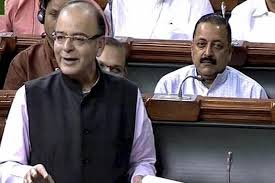
New Delhi: Nine years after the UPA first introduced it in the Lok Sabha, the Goods and Services Tax (GST) Bill was passed by the Lower House on Wednesday amid a walkout by the Congress.
The bill is likely to come up in the Rajya Sabha on Thursday. If the bill is cleared, it will help the Narendra Modi government cap its first year with the biggest ever indirect tax reform measure in India since Independence.
The Congress staged a walkout after the government rejected its demand to refer the bill to a Standing Committee. The move is said to have helped the government in the Lok Sabha. The Congress is likely to adopt the same strategy in the Rajya Sabha too.
Senior ministers in the BJP have already started patting their backs for having taken the largest number of reform measures by any government in India in its first year.
The bill was passed by an overwhelming majority of 352 votes for and 37 against. The Trinamool Congress and Biju Janata Dal, which initially opposed the bill, later rendered support and withdrew amendments after Finance Minister Arun Jaitley assured them of Centre’s help to West Bengal and Odisha.
Prime Minister Narendra Modi was not present in the House during the passage of the bill despite the BJP having issued a whip to
its members to be present and vote for the bill. Modi was nevertheless present in Parliament complex when the bill was passed.
its members to be present and vote for the bill. Modi was nevertheless present in Parliament complex when the bill was passed.
“GST will reduce prices in the long run and boost economic growth,” Finance Minister Arun Jaitley said.
He also promised to compensate states for any kind of revenue loss that they were going to suffer due to the introduction of GST in the initial years. The Centre has also promised to underwrite their losses even after a period of five years.
“The GST Council will consider all such issues and the Centre will underwrite the loss. Concerns of both manufacturing states like Maharashtra, Tamil Nadu and Gujarat, and other consuming states, have been taken into account and states would stand to gain by implementation of GST,” Jaitley said.
“The new measure will also benefit mineral-producing states as well,” the finance minister told MPs from Odisha.
As per the GST structure, 100 per cent compensation would be provided for the first three years, 75 per cent for fourth year and 50 per cent for the fifth year. Some MPs expressed their concern on the issue of high rate of taxation (27 per cent) under the GST as proposed by an expert panel, which they felt was too high and could fuel inflation.
No Comments For This Post, Be first to write a Comment.
Most viewed from Specials
Most viewed from World
AIMIM News
Latest Urdu News
Most Viewed
May 26, 2020
Which cricket team is your favourite to win the T20 World Cup 2026?
Latest Videos View All
Like Us
Home
About Us
Advertise With Us
All Polls
Epaper Archives
Privacy Policy
Contact Us
Download Etemaad App
© 2026 Etemaad Daily News, All Rights Reserved.

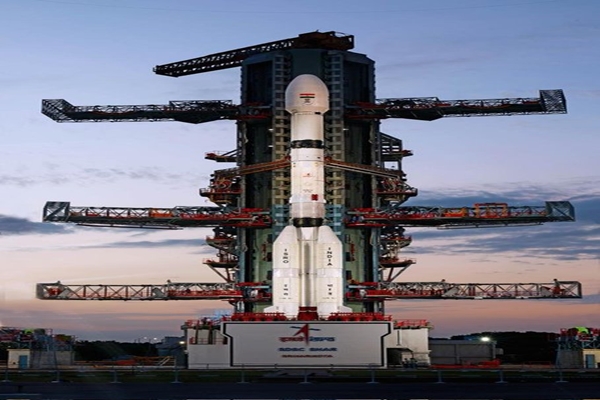
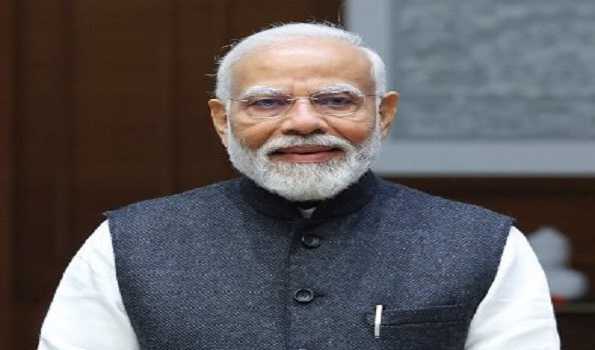
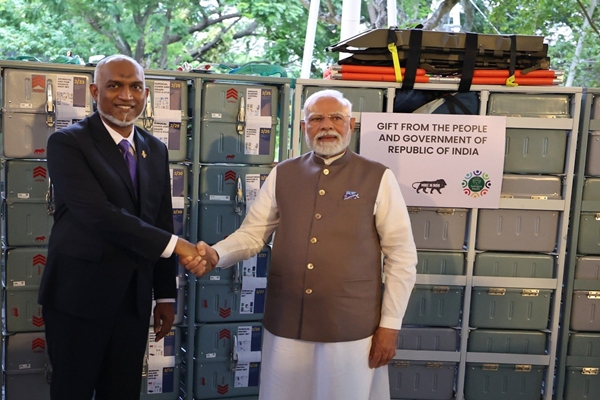
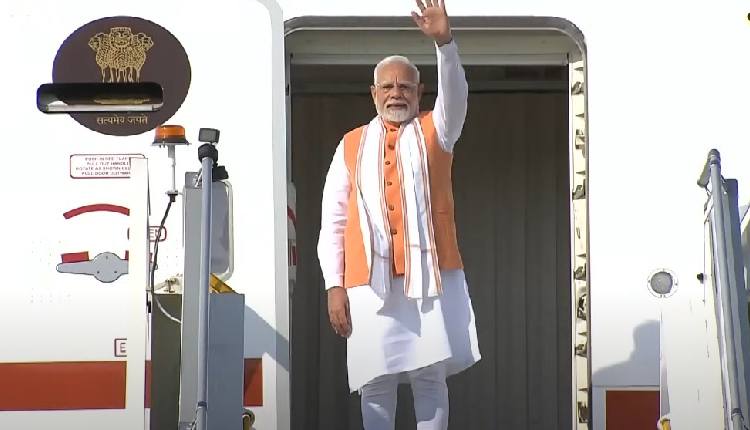

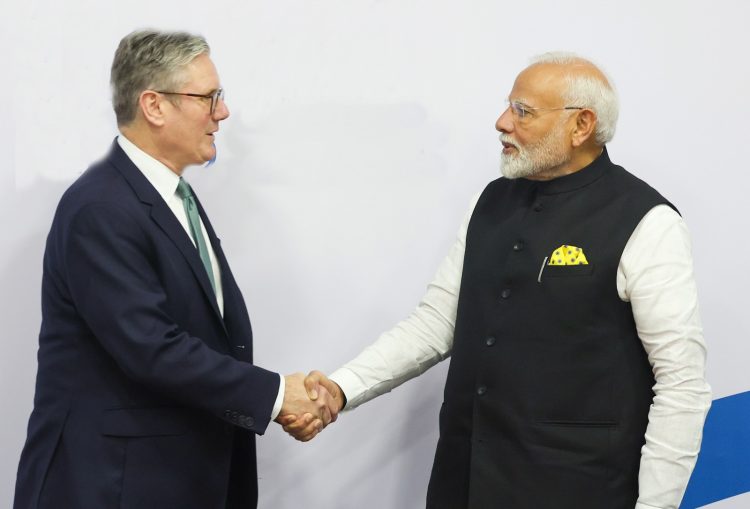
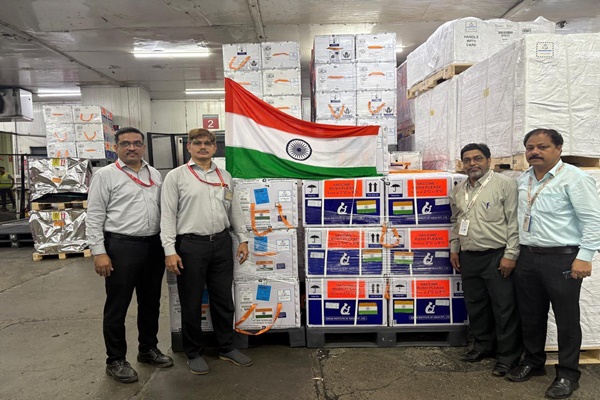
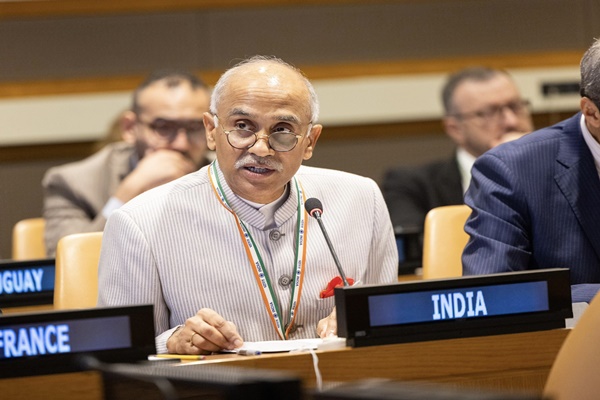
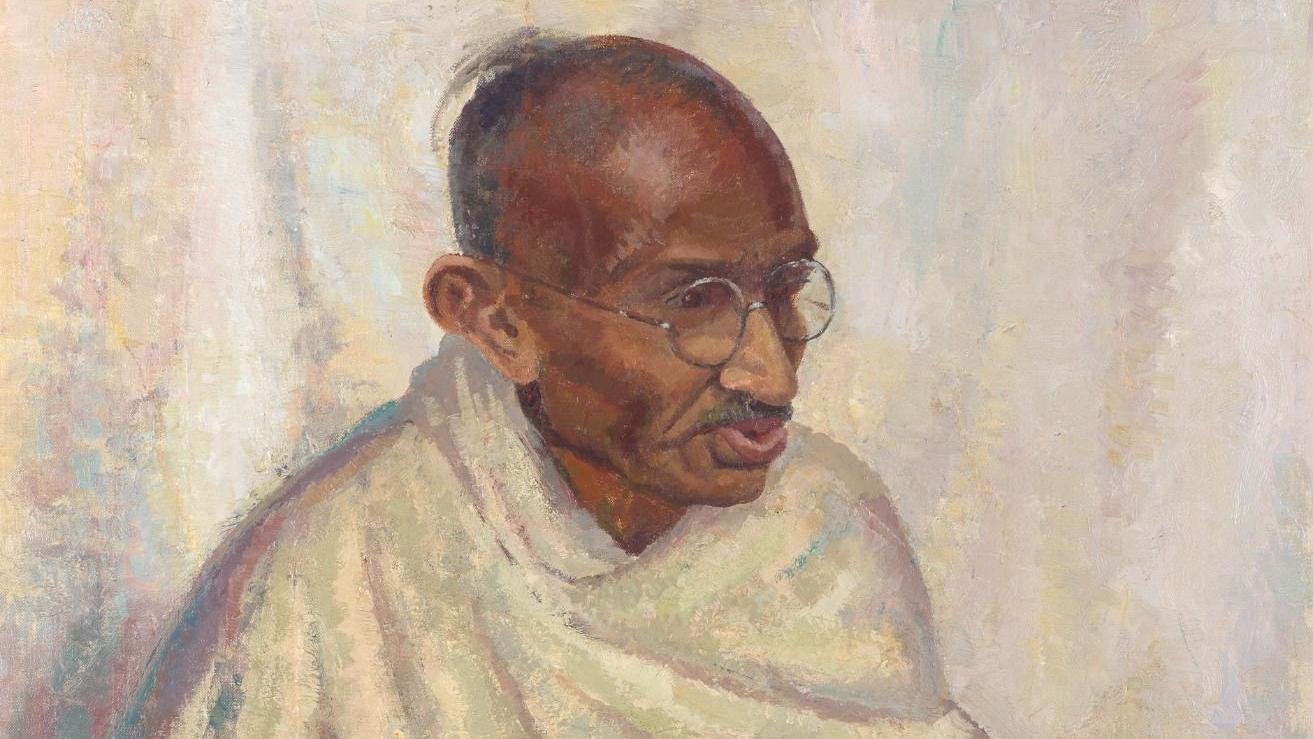
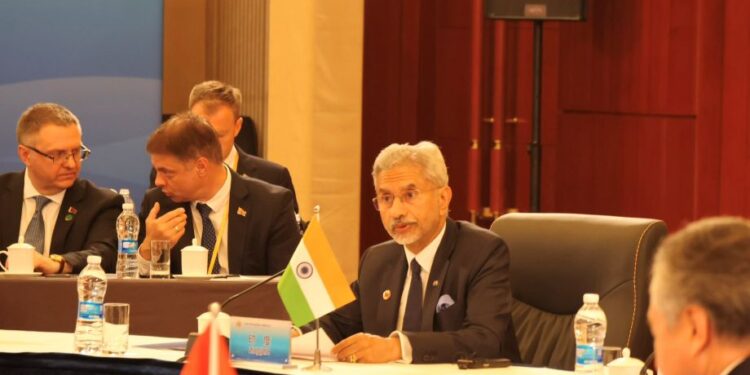
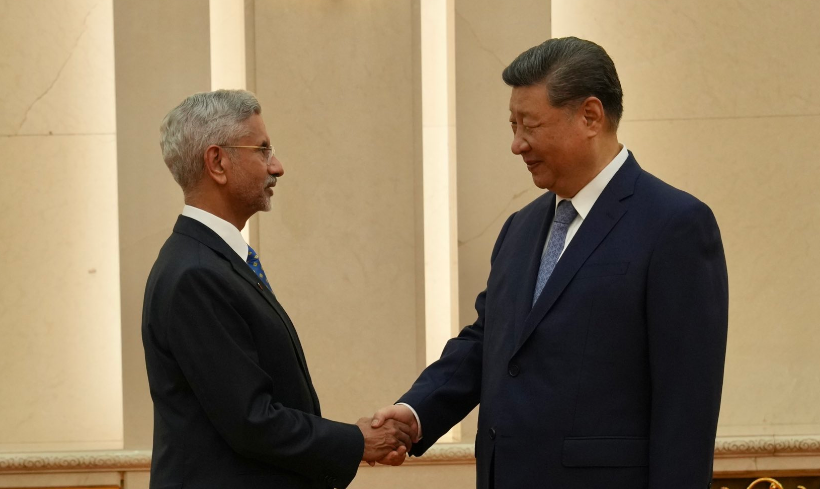
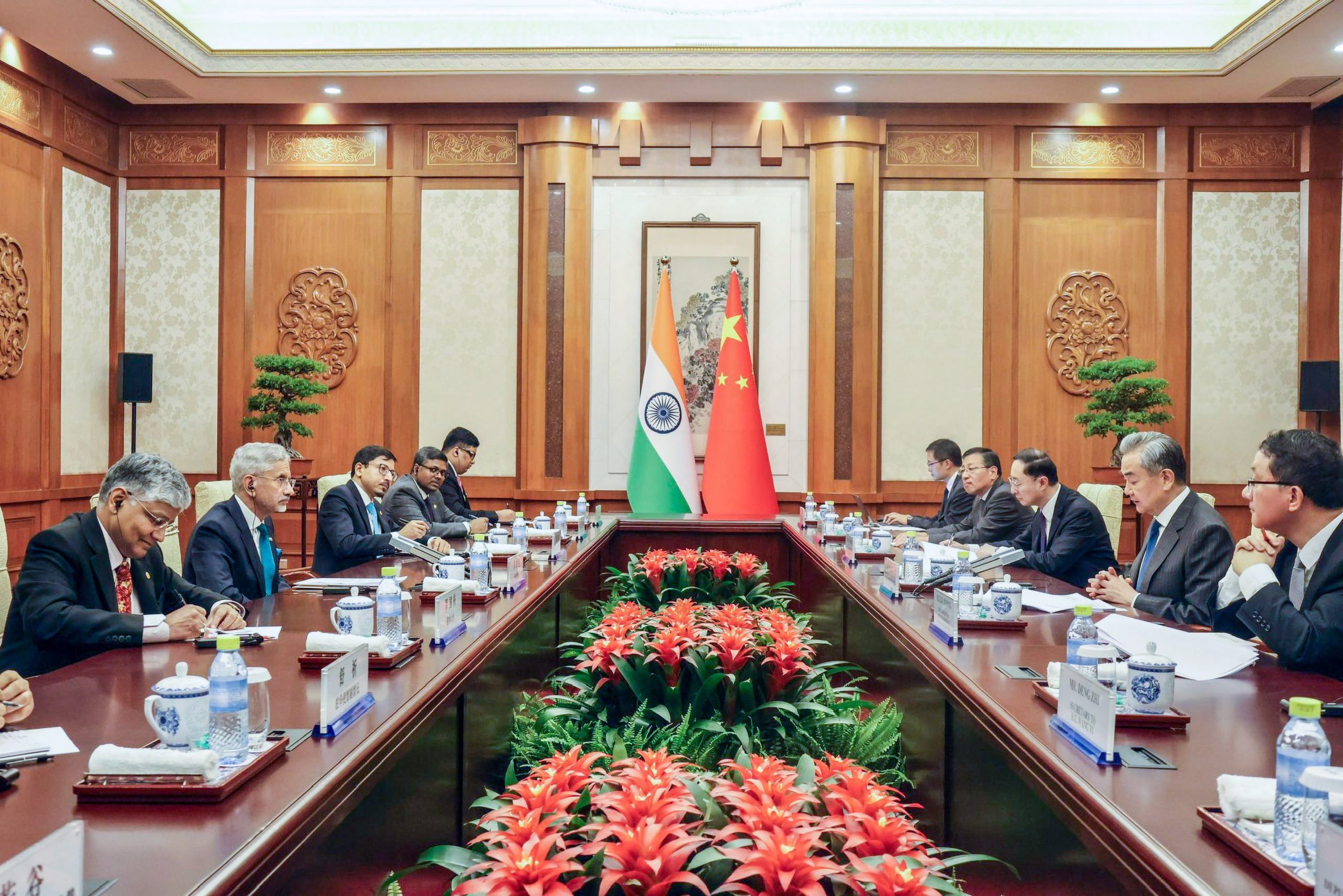

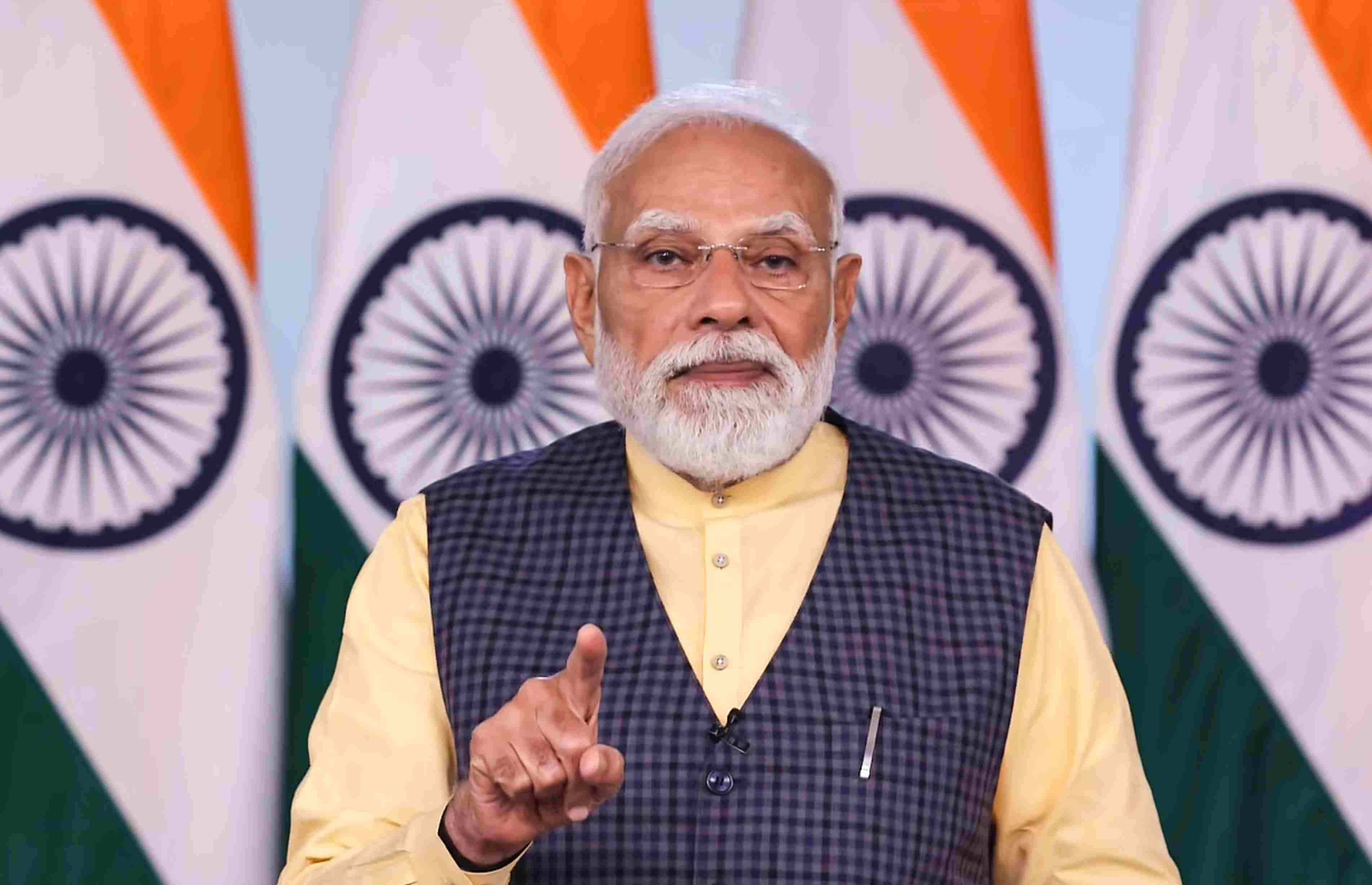




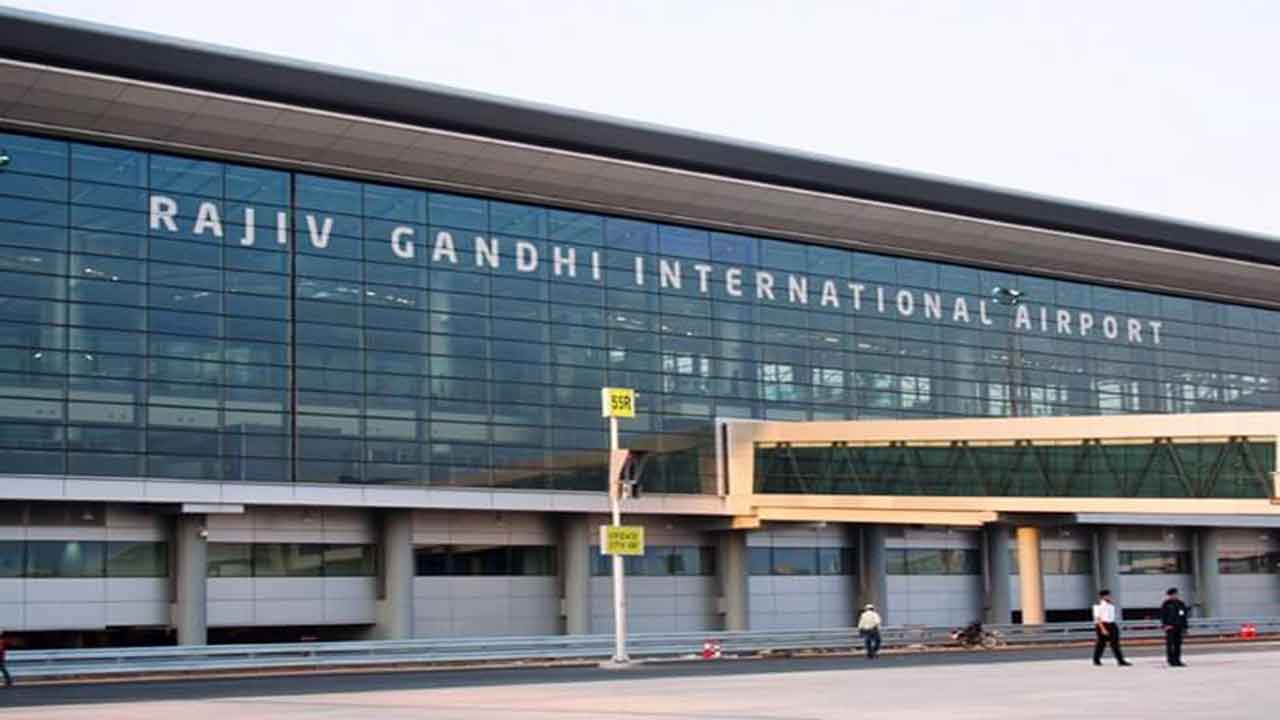
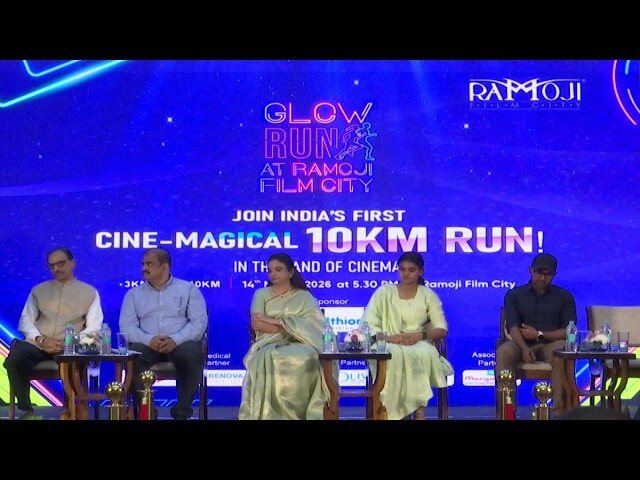
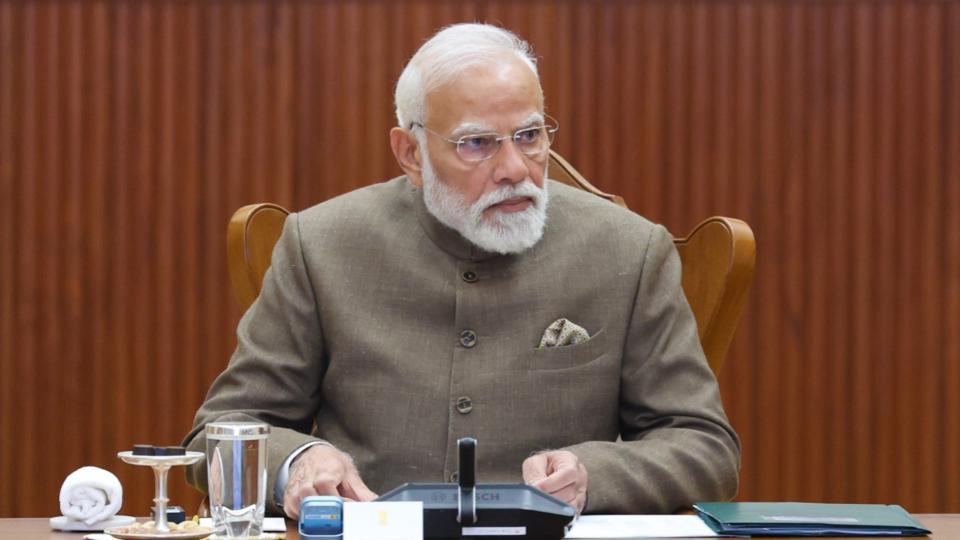
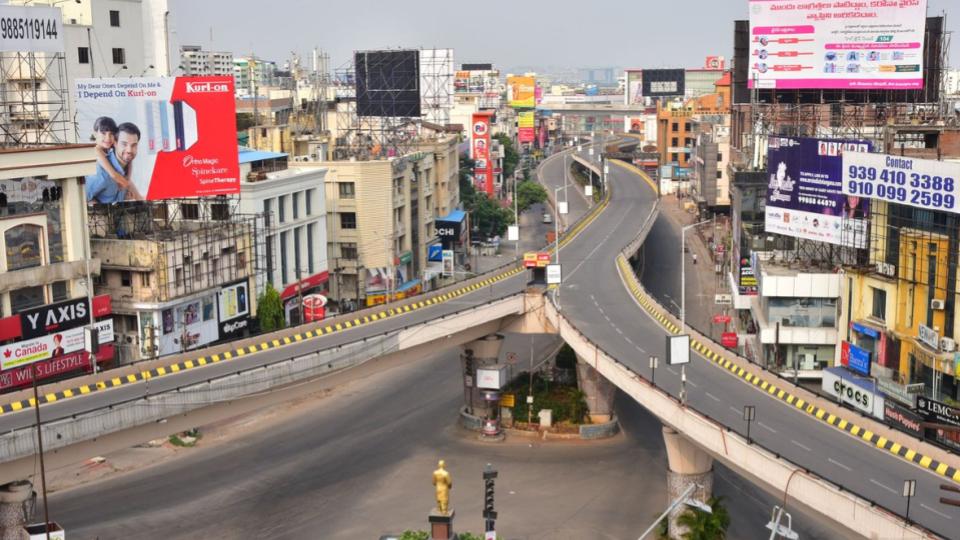
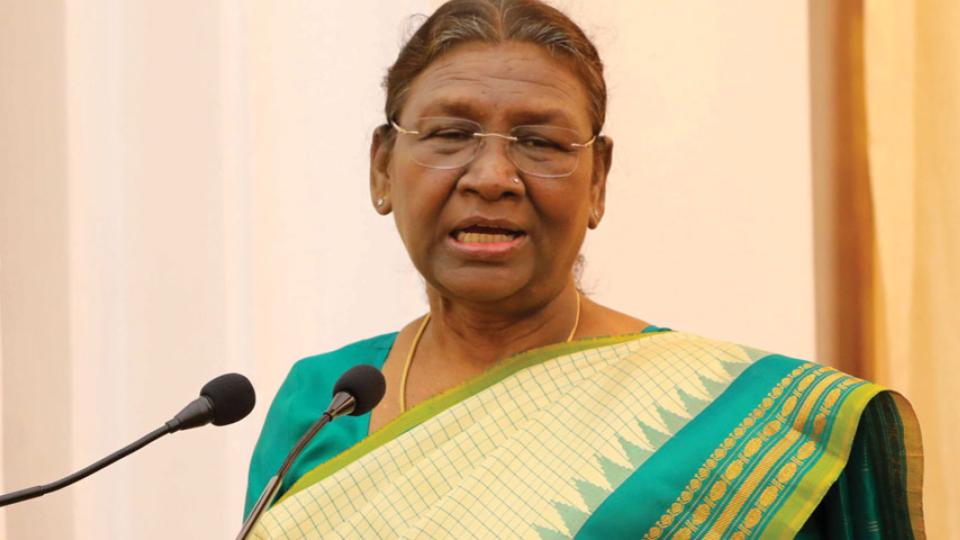
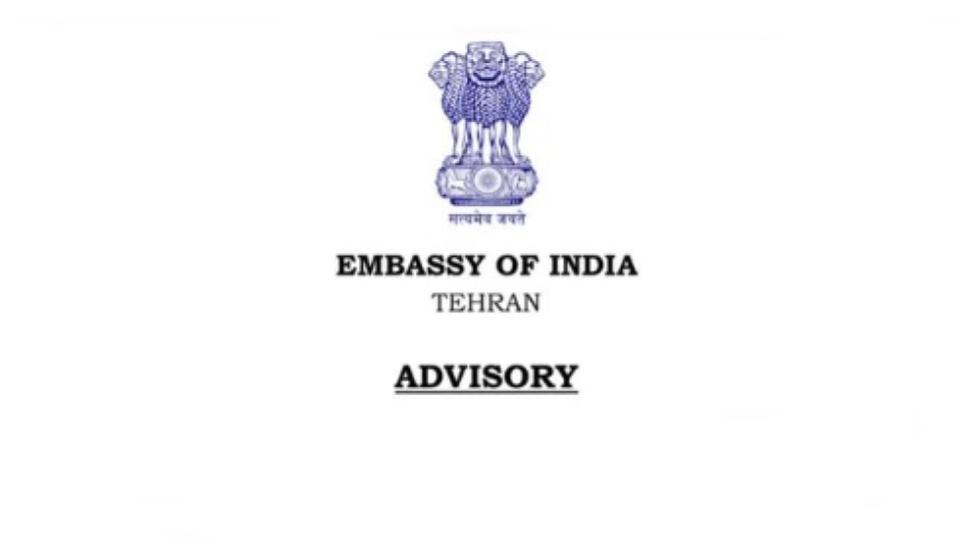




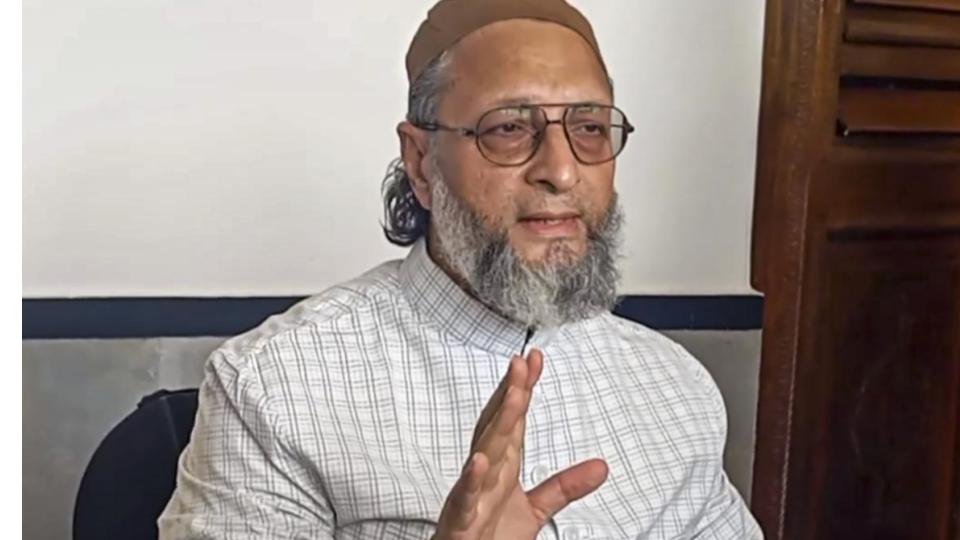
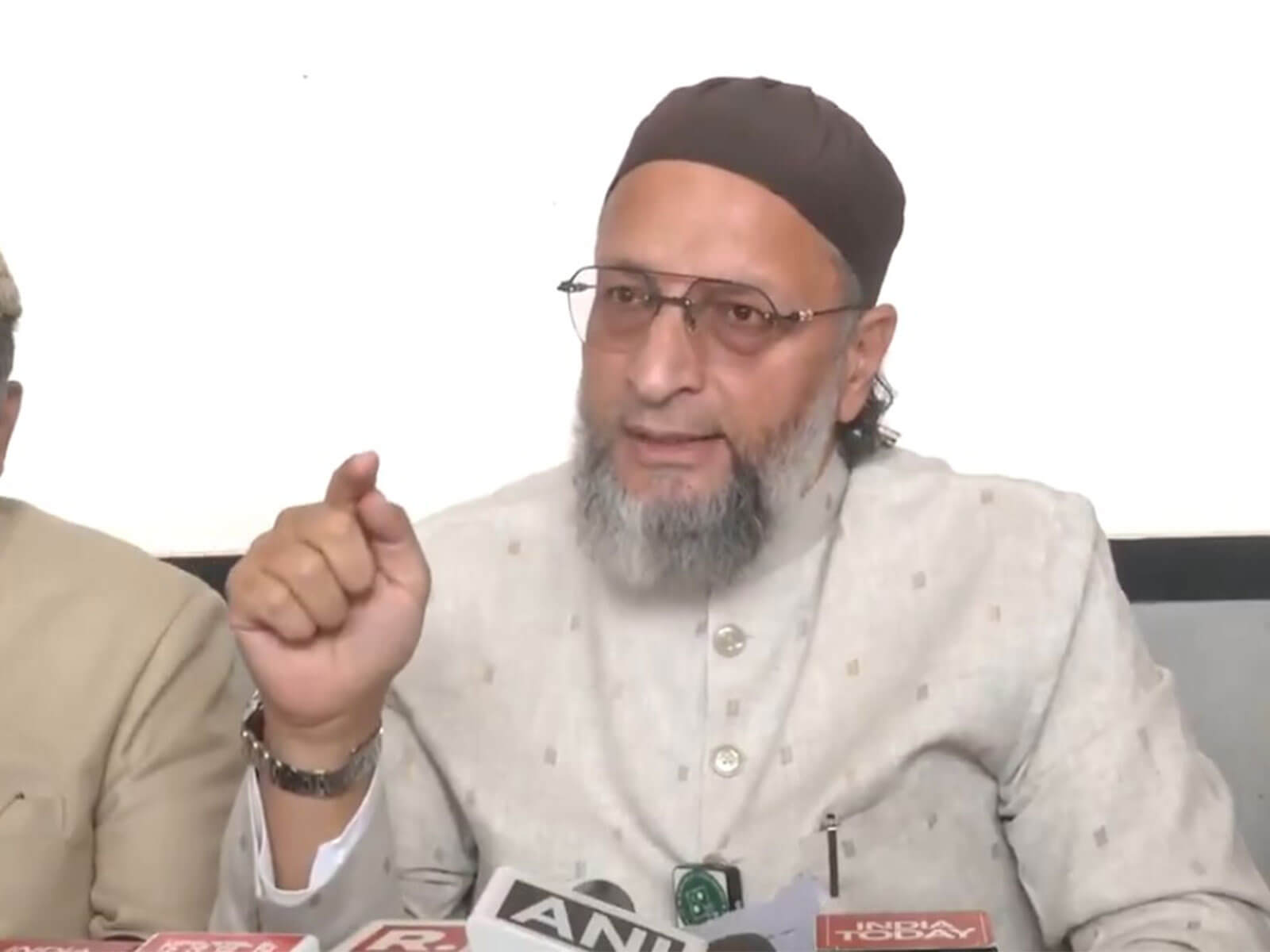






.jpg)
.jpg)
.jpg)


